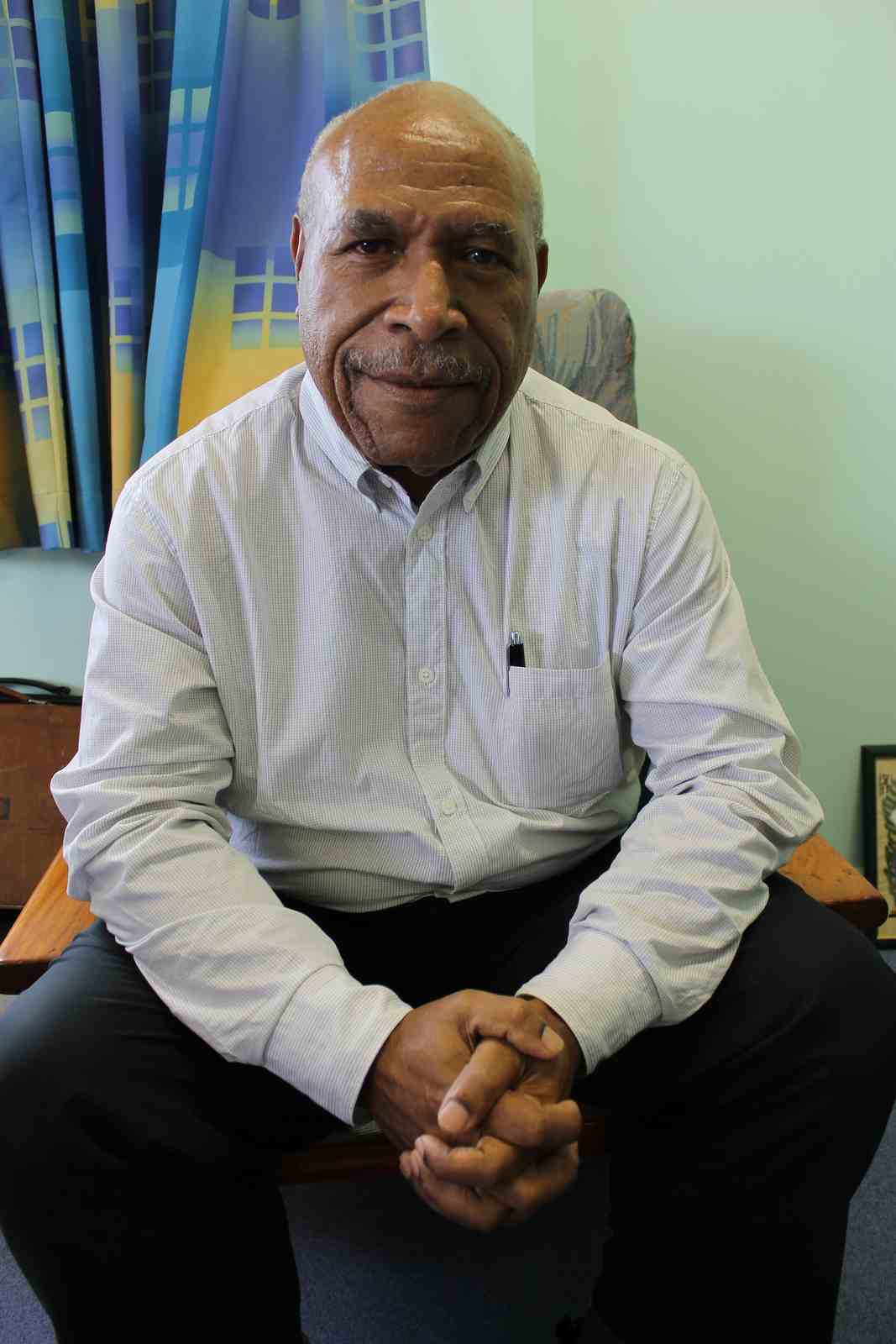Dr Thomas Webster
 I AM EXPRESSING my grave concern over the views expressed by Politicians regarding the comments and views made by researchers and academics, with a view to silencing them.
I AM EXPRESSING my grave concern over the views expressed by Politicians regarding the comments and views made by researchers and academics, with a view to silencing them.
In some countries where democracy is not supported and valued, those with critical views based on sound analysis are exterminated or deported if they are foreigners. This would be bad for the development prospects of Papua New Guinea (PNG) if we want to develop into a wealthy, wise and prosperous nation.
The current comments made by politicians in regard to contributions to discussions attributed to Paul Barker, the Executive Director of Institute of National Affairs (INA) at a National Research Institute (NRI) hosted Budget Forum last week is uncalled for. The Budget Forum was looking at the implications of the PNG Government Budget for the sound development of our country. The forum is a venue where the public was invited to hear the views of experts who carried out sound analysis of the 2014 budget. It seeks to inform the public and decision makers such as Politicians to understand some of the dynamics and the possible outcomes of the budgets that are passed by Parliament.
The point made by Paul Barker as I understood was about the “Opportunity Costs of Capital”, where if you do one thing with the money you have, you cannot do other things. So the question is, on what basis were decisions made on building of some new infrastructure in the National Capital District such as the Paga Ring road project when the maintenance of other roads and services in the city and the country were in dire need of maintenance. “Who would benefit from that road and who is missing out?”
In the same vein, politicians berated three researchers from the National Research Institute who made a valuable contribution to the discussions on the recent UBS loan made by the current Government to purchase Oil Search Shares. Papua New Guineans in a democracy need to question our leaders on such decisions so that the decisions they make are in the best interests and well-being of the wider majority. So rather than trying to silence the researchers and critics, politicians and their advisers should look at the arguments and debate the ideas, putting to the public their own positions. In that way, the public can be better-informed, likewise putting pressure on leaders to be accountable and to make better decisions for our people and country.
In a democratic country, various institutions have a role to play and their independence must be respected. The Governing Institutions such as the Parliament, Executive Government, Opposition, Courts, and Police, all play a vital role in governing the country. In the same way, the Business Sector such as private and public enterprises, their Boards and Management, Financial Institutions et cetera have to perform their roles without interference, guided by the legislations and values developed over time that they operate within.
In the same way academics at Universities and in Specialized Research Institutes whose work in creating knowledge has been long evolved based on the principles of free thought, critical opinion and debate must be respected. We also have a critical role to play in the community and the development of our country.
It is difficult in attracting as well as retaining well qualified foreign academics at PNG’s universities and research institutions. Even it is more difficult when our Government tries to put a clamp on free thinking and debate, the cornerstone of academia. The quality of teaching and learning at our universities are quite poor at this point in time, and such comments and decisions of government will not help.
Finally, I want to warn our politicians and leaders on a growing culture of surrounding themselves with “Yes, Yes” people as advisers and appointment of bureaucratic leaders. There are also many carpet beggars who praise and continue to praise our leaders for every decision they make, whether it is good or not. I am reminded of the fairy tales about the “King with No Clothes”. If you do not hear and appreciate dissenting views, you will not see the fallacy of some of the ideas and decisions that you make.
Silencing critics is not the answer. Engage in the debate of the ideas – shoot the message, not the messenger.
- rait man's blog
- Log in to post comments
